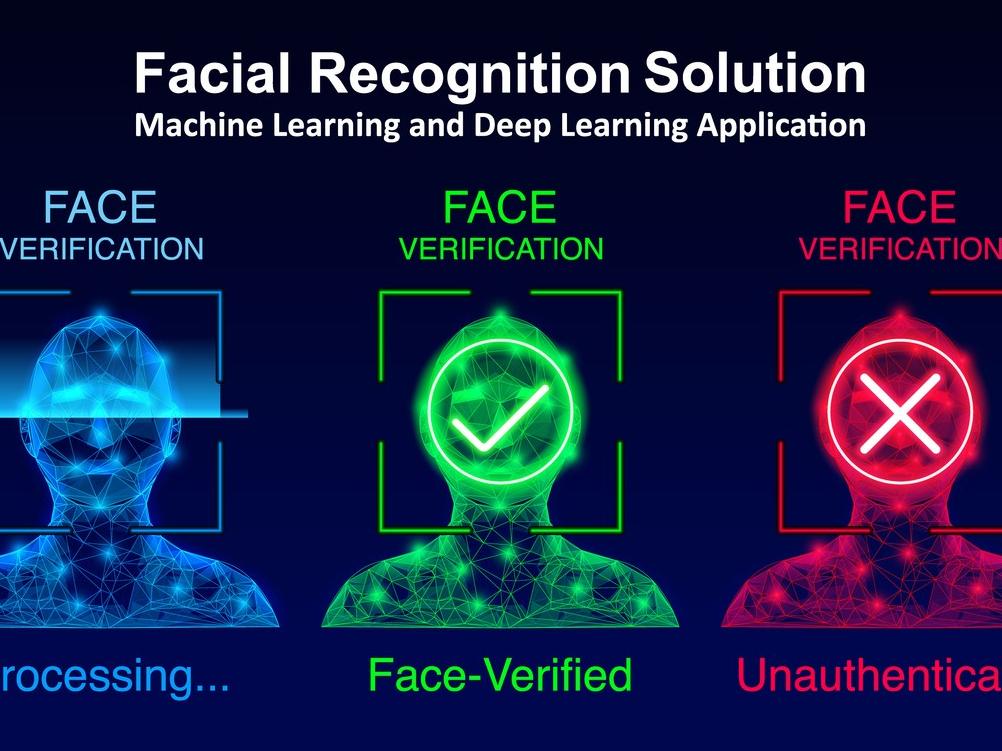
Brian Sims
Editor

Brian Sims
Editor
POLICE FORCES across the country are launching an “unprecedented” roll-out of “Orwellian surveillance technology”, with civil liberties campaign group Big Brother Watch condemning the move as a “frightening expansion” of the technology, while in parallel branding it as “worrying for our democracy”.

The organisation’s statement emerges in response to the recent announcement from the Home Office that seven more police forces will have live facial recognition technology, joining South Wales Police, Essex Police and the Metropolitan Police Service in harbouring the “mass surveillance” capability.
Those seven police forces are Greater Manchester, West Yorkshire, Surrey, Sussex, Bedfordshire, Thames Valley and Hampshire and the Isle of Wight.
Despite the huge expansion in live facial recognition capabilities across the country, MPs have never voted to authorise the use of such “intrusive” surveillance technologies. Instead, police forces are (according to Big Brother Watch) “relying on a patchwork of existing laws” to justify its use, with forces left to set their own policies about when and where live facial recognition systems can be deployed.
Judicial review
The roll-out also comes as the Metropolitan Police Service faces a judicial review about the lawfulness of its use of live facial recognition in a legal case supported by Big Brother Watch following the “misidentification” of anti-knife crime community worker Shaun Thompson, who was detained and questioned in February last year.
South Wales Police and the Metropolitan Police Service have been using live facial recognition sporadically since 2016, but have significantly increased deployments in recent years. Both forces are now planning to install permanent live facial recognition cameras in urban centres, which is referenced by Big Brother Watch as “an unprecedented expansion” of surveillance in a democratic country.
Essex Police also purchased its own live facial recognition capability last year.
Opponents of the technology are concerned about who ends up on police facial recognition ‘watchlists’, which (according to Big Brother Watch) can include victims of crime and “vulnerable” people as well as suspects. Big Brother Watch suggests that there have been cases of protesters not wanted for any crime and people with mental health issues featuring on these lists.
Unprecedented escalation
Rebecca Vincent, interim director of Big Brother Watch, explained: “This unprecedented escalation in the use of facial recognition technology across the UK is alarming and represents a significant expansion of the surveillance state. Live facial recognition turns every passer-by into a walking barcode and treats us all as a nation of suspects.”
Vincent added: “The police have interpreted the absence of any legislative basis authorising the use of this intrusive technology as carte blanche to continue to roll it out unfettered, despite the fact that a crucial judicial review on the matter is pending.”
In conclusion, Vincent stated: “This move is not only worrying for our privacy rights, but also worrying for our democracy. The Home Office must scrap its plans to roll-out further live facial recognition capacity until such time that robust legislative safeguards are established.”
Dorset House
64 High Street
East Grinstead
RH19 3DE
UNITED KINGDOM
01342 31 4300